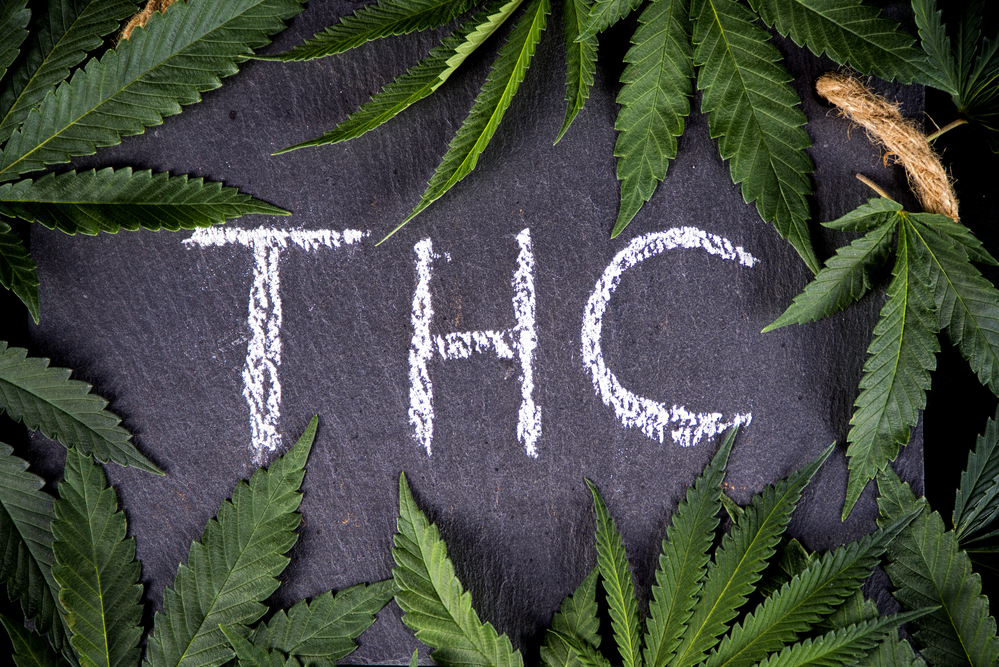
Are you aware that various forms of tetrahydrocannabinol (THC) exist, and that the widely recognized delta-9 THC is just one of them? This popular variant represents only a fraction of the diverse range of THC derivatives. States where the use of Marijuana is legal for both recreational and medical purposes have a wide range of products, including delta-9 THC, for sale.
Delta-8 THC is also another THC variant. It shares similar chemical properties with the well-known delta-9 THC with a few differences setting them apart. These similarities are obvious in areas like potency and its effects.
Both delta-8 THC and delta-9 THC contain psychoactive substances found in the cannabis sativa plant. They are one of over 100 cannabinoids produced naturally by the cannabis plant. While the sativa plant contains a very high amount of delta-9 THC, it contains only a small amount of delta-8 THC.
You can get high from consuming both delta-8 THC and delta-9 THC because they both contain intoxicating psychoactive effects. However, your high depends on influences like quantity, quality, tolerance, and other factors.
Despite these shared characteristics of delta-8 THC and delta-9 THC for producing a high, it is still important to recognize the significant differences between delta-8 THC and delta-9 THC before consuming them. In this write-up, we will be discussing more about delta-8 THC and delta-9 THC, the similarities and differences in their potency, and their potential benefits and risks.
Since its discovery, delta-8 THC has been the subject of extensive research. Fortunately, this has led to a better understanding of its properties and potential/effects.
Delta-8 THC is a natural compound found in the cannabinoid family. It is an exotic cannabinoid found in hemp and cannabis plants in small quantities, and it provides a mild psychoactive effect that gives a therapeutic feeling.
It is available in different cannabis and hemp-based products that can be inhaled, ingested, or applied topically. The different types of delta-8 THC products include:
When you consume products with delta-8 THC, your body is expected to experience a little buzz — a euphoric sensation similar to the one gotten from marijuana but milder — which is why some people refer to it as “diet weed.” Other ways in which delta-8 THC works include:
Just like every other product or substance, it tends to have a negative effect when overused or misused. Extreme consumption of delta-8 THC can also have various negative effects, such as:
The potency of delta-8 THC refers to its strength and how concentrated it is within a certain product. Delta-8 THC’s potency can vary, but one thing is constant: delta-8 THC is considered less potent than delta-9 THC, with users often reporting a milder psychoactive effect. It is also important to note that there is an array of factors that affect the potency of delta-8 THC in a product. These factors include dosage, personal tolerance, and the method of consumption.

Delta-9 THC is one of the primary cannabinoids found in the cannabis plant. Delta-9 THC is the compound responsible for the psychoactive effect, which is known as the infamous “high” commonly associated with the use of cannabis or marijuana. Fun fact: when people refer to THC in the context of cannabis or marijuana, they are mostly referring to delta-9 THC.
Delta-9 THC interacts with the endocannabinoid system in the body, particularly with CB1 and CB2 receptors found in the central nervous system and brain. It also stimulates a higher dopamine level release. This interaction affects various physiological processes like mood, appetite, and mood perception.
It can also be consumed through various methods, including:
Delta-9 THC is known for producing relaxation and an overall sense of well-being. It is the compound that is responsible for the euphoric sensation, buzz, and pleasant feelings experienced by most cannabis users. Delta-9 THC has been associated with an array of benefits, such as:
It is also believed to help relieve various symptoms of medical conditions, including:
The positive effects of delta-9 are many, but this doesn’t stop it from having a negative impact in some cases. It is important to note that the consumption of substances like this should be regulated. In cases where it’s not, it can lead to adverse effects like:
Long-term or heavy use of delta-9 THC can impact your cognitive functioning and also affect your mental health. Responsible and informed use is crucial to help manage the potential risks associated with the consumption of delta-9 THC.
The potency of delta-9 THC can vary widely. Factors like the strains of cannabis, the method of consumption, and individual tolerance can affect the potency of delta-9 THC. Cannabis strains also have different levels of THC, with some containing a higher content than others. Cannabis strains can range from hemp with less than 0.3% THC to high-content strains with over 20% THC.
Additionally, smoking or vaporizing cannabis can result in a faster onset and stronger effect compared to oral ingestion (edibles), where they take longer to set in but can be more intense and long-lasting.
Although there’s a fine line between the potency and effects of the two compounds, the different experiences they offer highlight the importance of informed and responsible consumption.
Delta-8 THC emerges as a milder alternative, offering psychoactive effects with reported clarity and reduced intensity compared to its counterpart, Delta-9 THC. This distinction presents a potential avenue for those seeking a gentler cannabis experience and is why most people believe that delta-8 THC is a safer option.
No Information on MarijuanaDoctors.Com should be used to diagnose, treat, prevent or cure any disease or condition. You can view our Full Disclaimer here.